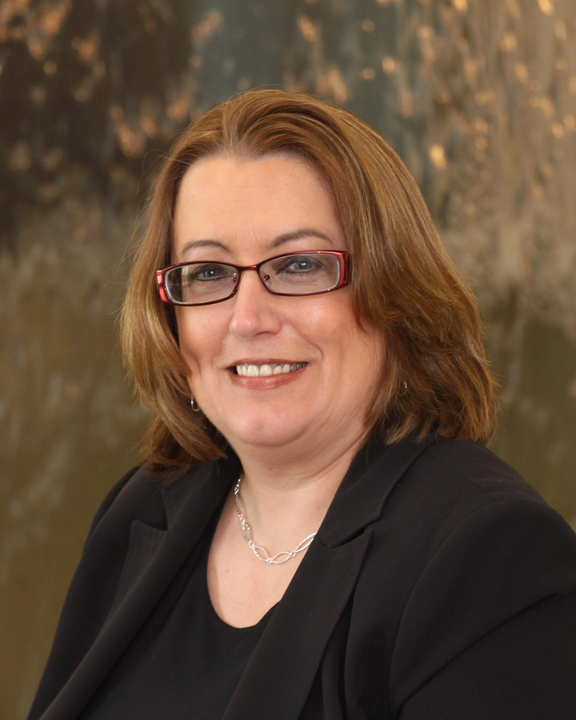Q: What are the maturity levels of food safety culture?
Kathleen Wybourn: The UK Food Standards Agency defines 6 levels of maturity:
- Calculative non-compliers intentionally violate regulations for reasons of financial gain. They only comply under inspection requirements, prioritize productivity at the cost of hygiene and, lack adequacy of facilities and/or equipment. They are accustomed to bad conditions without realizing risks and continuously do not comply with food safety requirements.
- Doubting compliers question the overall risk posed by lack of food safety, leadership is not a reference for behavior, exhibit failures of structures, equipment and utensils; training is an unnecessary investment for them, employee suggestions are not encouraged. They do not understand the potential severity of deviations from food safety regulations.
- Dependent compliers seek advice or instructions and see food safety as something that needs to be addressed by others. Possibly, if there is no external control, food standards are not met; they have a few structural deficiencies, including employee facilities, they are not proactive about food safety, have some awareness of contamination risks, while knowing the rules and legislation, and rely on external sources for updates on legislation and to tell them, if and what needs to be changed.
- Proactive understand that hazards are significant and accept that requirements are effective and necessary. Their leaders are a good example, care for the safety of food constantly, work conditions ensure the work is done properly. Employees are encouraged to warn about deviations, review their procedures to comply with new regulations.
- Leaders see food safety and quality as a part of their business. They encourage, explain and praise good practices, the board adopts improvements and view them as investment and not cost, seek best practices, not only compliance with regulation. They are never complacent, when it comes to food safety, and food safety rules are not questioned by them.
Q: If your leadership and management do not want to get engaged, which steps can you take to develop your organizations food safety culture?
Wybourn: This depends on each organization; however, technologists and practitioners should provide education and knowledge to their management regarding food safety culture. If you are a certified site, it is a requirement, not a nice to have. The FDA is considering reducing inspections and the worst what can happen is a recall and food safety culture can assist with preventing. Food safety culture is beyond food safety management systems. Showing your leadership, the full benefits and positive results will get their attention.

About Kathleen Wybourn, DNV Director, Food & Beverage Supply Chain and Product Assurance, North America
Kathleen began her career in food manufacturing at the NutraSweet Division of GD Searle/Monsanto where she held various managerial positions including managing analytical and microbiology labs, quality control, quality assurance, supplier audits and operations. Since leaving food manufacturing, Kathleen has worked in various food safety auditing management positions, including Director of Operations at the GMA as Director of the GMA SAFE program.
In 2008 Kathleen joined DNV as Director of Food Safety Solutions where she is responsible for the Food and Beverage division of DNV GL – Business Assurance. Kathleen has written articles on Food Safety Certification including: First Look: GFSI Adds New FSSC 22000 Standard, WAL-MART’s Magna Carta for Auditing, and Navigating the Jungle of Food Safety Standards – all published in various Food industry magazines. Kathleen was instrumental in the study conducted at Michigan State University on Food Safety Certification in the US titled “Food Safety in the U.S. Supply Chain – Consumer and Food Industry Perceptions.” Kathleen is very active with GFSI, having served on various Technical working groups and speaking at the GFSI Global Conferences.
Kathleen has a Bachelor of Science Degree from Northern Illinois University and an MBA from Loyola University of Chicago.
Content Sponsored by DNV.



